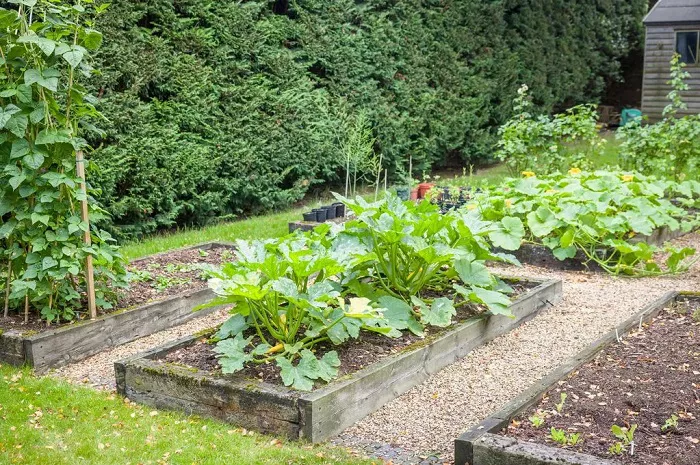Summer is here, and garden enthusiasts are eager to see their plants thrive. It’s a season when crops ripen and trees bear fruit. But to maximize your plants’ growth and health, experts suggest giving them an extra boost. While fertilizers and compost are popular options, they can be time-consuming to acquire or prepare. Instead, gardening experts recommend a surprising alternative: Aspirin.
Aspirin, commonly used as a painkiller for headaches, contains salicylic acid, a compound that plants naturally produce when they are stressed. According to Gardening Know How, plants produce small amounts of salicylic acid to cope with insect attacks, drought, malnutrition, or disease. This compound helps boost the plant’s immune system, making it more resilient.
How to Use Aspirin for Your Plants
To give your plants a dose of Aspirin, dissolve one tablet in 4.5 liters of water. This mixture can be sprayed onto plants that need a boost, such as those suffering from disease. However, it’s crucial to use Aspirin sparingly. Overuse can lead to brown spots or a “burnt” appearance on the leaves. Gardening Know How advises spraying the solution early in the morning to allow the leaves to dry before evening. This also helps protect beneficial insects like bees, which are most active after the sun touches the plants.
Benefits and Precautions
The nightshade family, including aubergines, peppers, and tomatoes, can benefit greatly from Aspirin treatment. However, it’s essential to monitor how your plants respond, as Aspirin may not be suitable for all types of flora.
Where to Get Aspirin
If you don’t have Aspirin on hand, you can easily purchase a pack of tablets for a low price. For example, Boots offers a pack of Aspirin tablets for just 54p.Aspirin can be a cost-effective and convenient way to enhance your plants’ health this summer. By following expert advice and using it judiciously, you can help your garden flourish.


